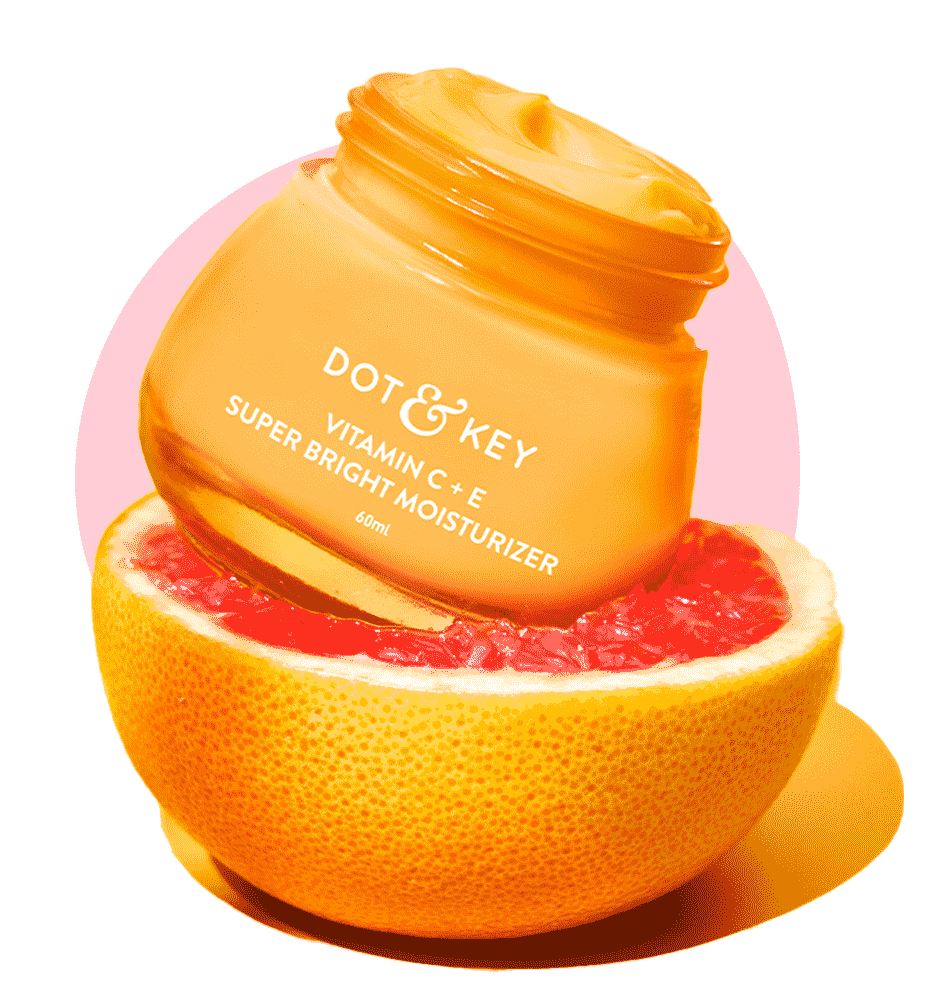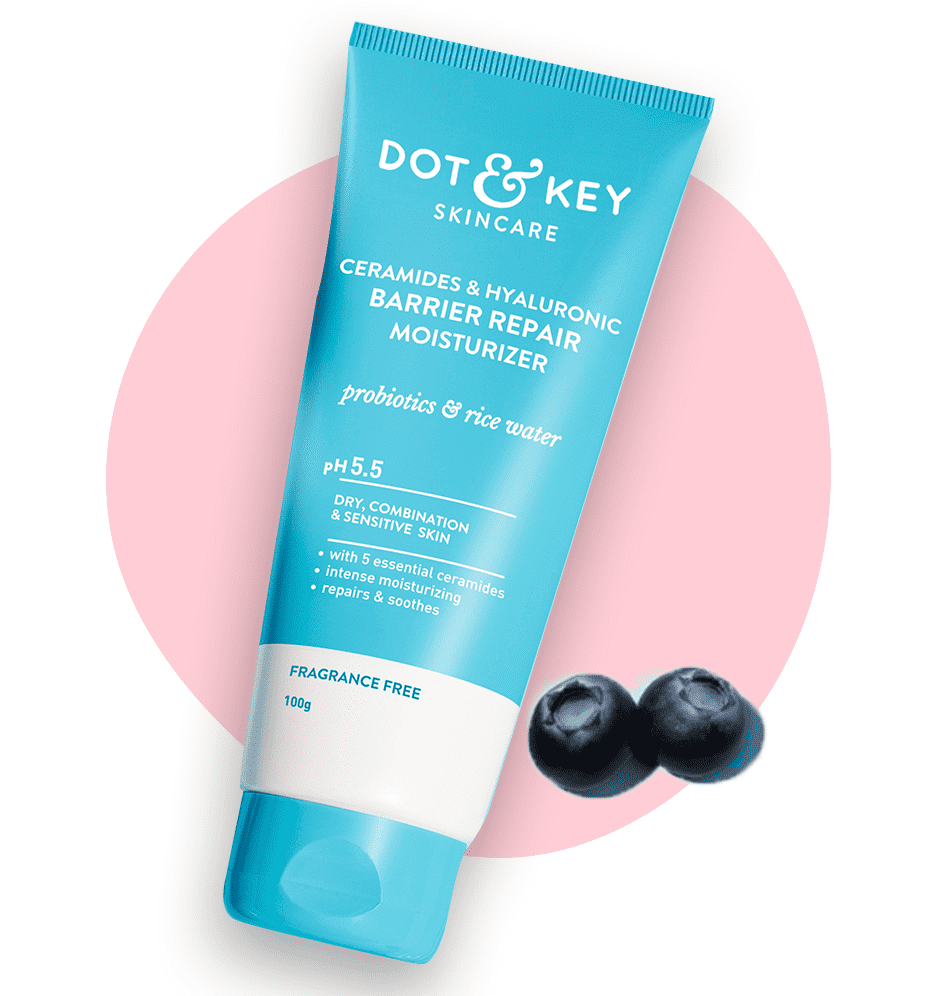
No matter how many buzzy cosmetic and skincare products hit shop shelves, none have come close to replacing retinol—and for good reason. As per studies, a single retinoid product can prevent fine lines and wrinkles, balance skin tone, promote collagen synthesis, and reveal glowing, healthy skin. To put it simply, this magical substance can provide excellent smoothing and rejuvenating outcomes.
Let's take a step back and discuss its origin before we dive into how it works and where it fits into your skincare routine. Retinol is a vitamin A derivative in all of its forms. Vitamin A provides a message to your skin cells instructing them to repair, similar to how exfoliation works. That's why physicians have discovered that retinoids are beneficial in treating acne, psoriasis, the appearance of fine lines and discoloration, and a variety of other skin diseases.
When it comes to skincare chemicals, retinol is the holy grail—but unless you're constantly using it, chances are you have no idea what it is or how it works. It can also be daunting for some people, but we're here to help you overcome your retinol anxiety.
Read on to learn everything there is to know about retinol and get ready to reveal youthful skin. You'll be able to thank us later.
How Does Retinol Function?
If you've never heard of retinol, you might be wondering why it's such a popular substance (especially when it comes to anti-aging skincare).
Retinoids can improve your skin renewal process by speeding up cellular regeneration, as well as boost collagen and elastin production, and reducing hyperpigmentation.
In the simplest terms, retinol can help to slow down the signs of ageing.
Check Out The Benefits Of Retinol!
Retinol is praised in the skincare domain for the array of benefits it has to offer. Here are some of the key ones:
The capacity of retinol to speed up cellular regeneration, leaving you with a younger-looking skin and slowing down the ageing process, is its most amazing achievement. The rate at which our skin cells change over slows as we become older. Your skin cells turn over every 28 days in your late twenties, for example, to reveal new, smooth skin.
However, after you reach your mid-30s, the process slows down and occurs every 50-70 days.
What's the result?
Our skin appears dull and dry, and wrinkles are more visible.

Retinol can lower the tendency of cells and keratin debris to clump together and clog pores, improve collagen formation, and diminish discolouration. It not only reduces the effects of ageing, but also controls oil production and keeps acne at bay, making it a skincare gem for individuals with oily skin who are prone to breakouts.
Topical retinoids have a comedolytic effect, meaning they help prevent and unclog pores. This makes retinol an excellent acne therapy for everyone suffering from pimples, from cystic acne to blackheads.
Retinol: How Frequently You Should Apply!
While you may be eager to start reaping the advantages of retinol, it's best to take it cautiously at first. Slower than you probably believe you should be. This is because if you don't give your skin enough time to acclimate to retinol, a response called retinization can occur, resulting in red, rough, flaky, dry, and irritated skin.
So how frequently should you use it?
Apply it only twice a week for the first couple of weeks to avoid the unpleasant feeling. As your skin becomes more accustomed to the product, gradually increase the frequency to every other day, then every day. Wearing sunscreen during the day is another way to minimise side effects like sensitivity, sunburn, and retinization–and, of course, a key to keeping your skin healthy in general.

When using retinoids, keep in mind that you may need to add extra emollients to your skincare routine and limit the use of other potentially drying or irritating components like alpha or beta hydroxy acids. Additionally, It's also crucial to keep your skin hydrated throughout.
The Bottom Line: Retinol as a part of your skincare routine
Retinol offers beauty sleep a whole new meaning, which is why it's essential to add it into your nighttime skincare routine. Because it isn't sunlight-stable, the skincare essential should be kept in an opaque container. Apply it to clean skin for max benefits.
Don’t forget to use a moisturizer after using retinol. You can add a hyaluronic acid serum into your skincare and apply it before applying a moisturizer for max results. It's often recommended to dilute the retinol if your skin is still dry after the first application.
Apply a moisturizer first, then the retinol, then finish with a moisturizer as needed. Alternatively, you can introduce retinol into your skincare by adding Retinol + Ceramide Night Cream into your PM regime and reap its benefits over a good night’s sleep.



















